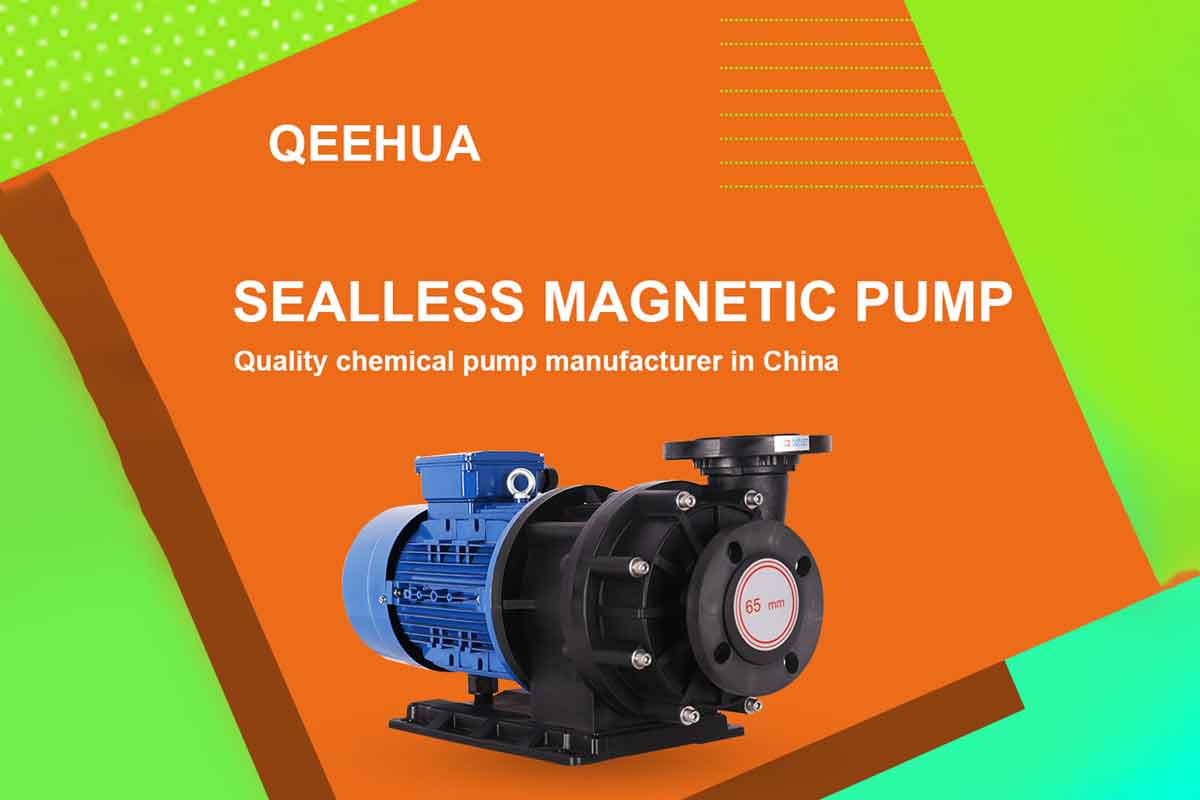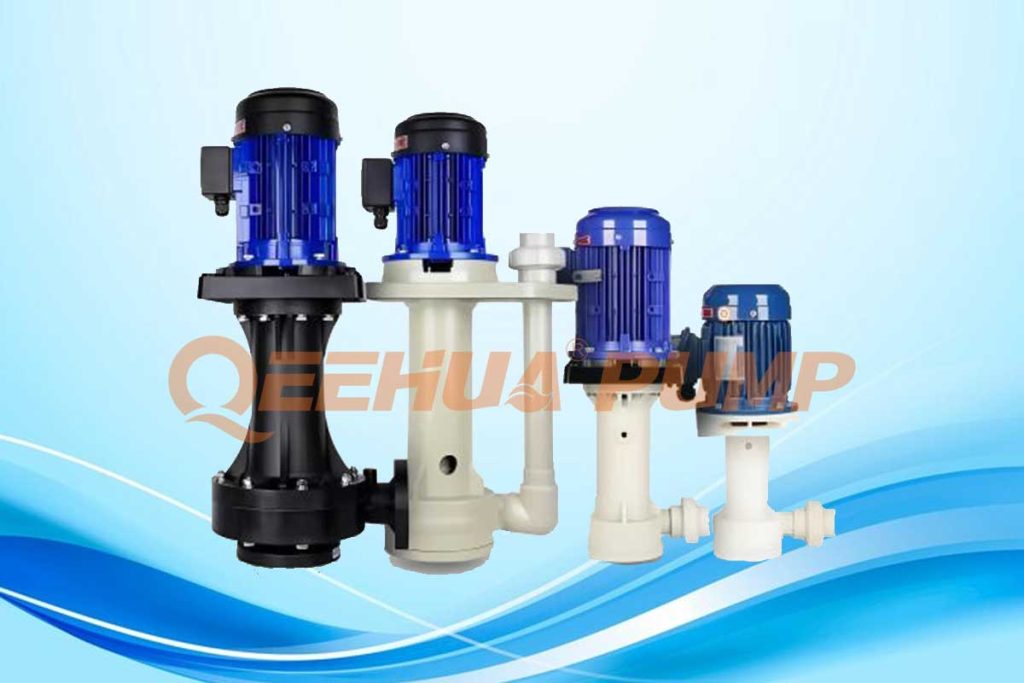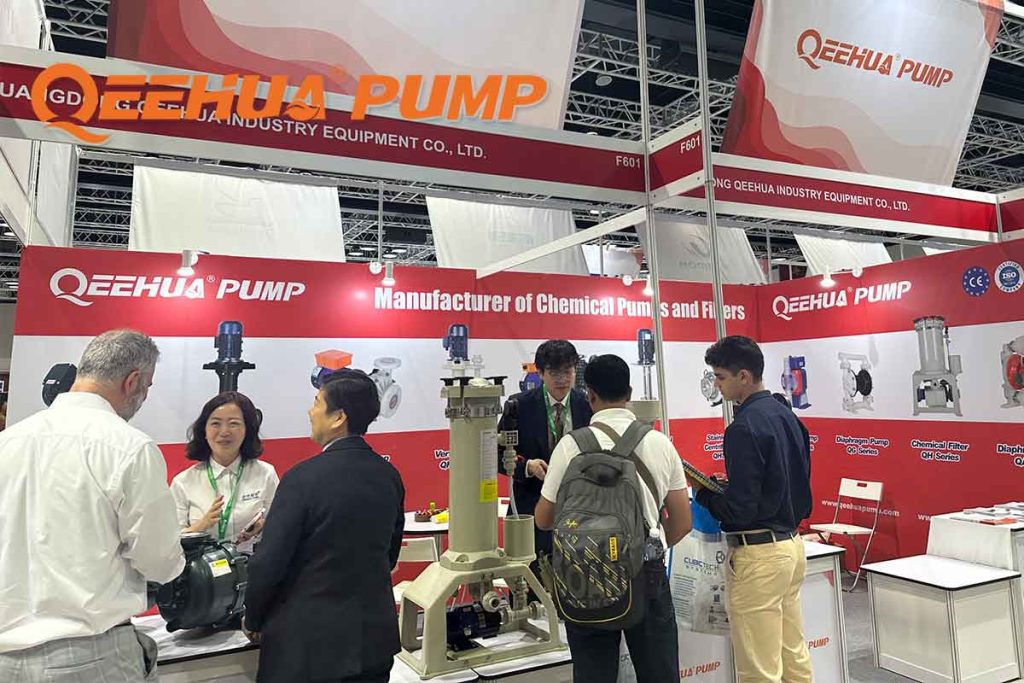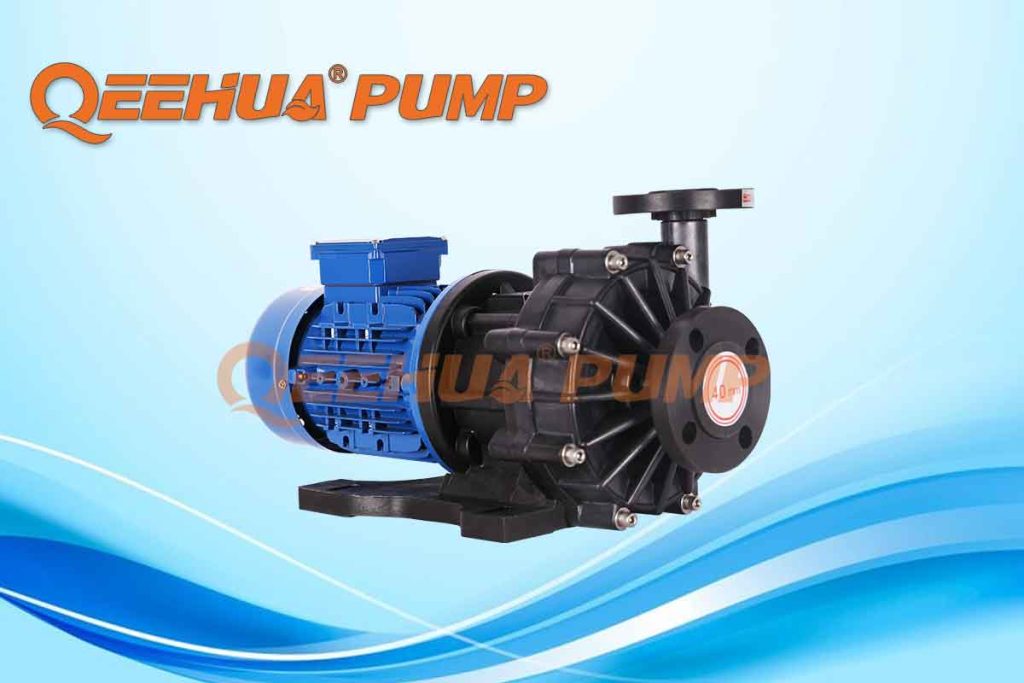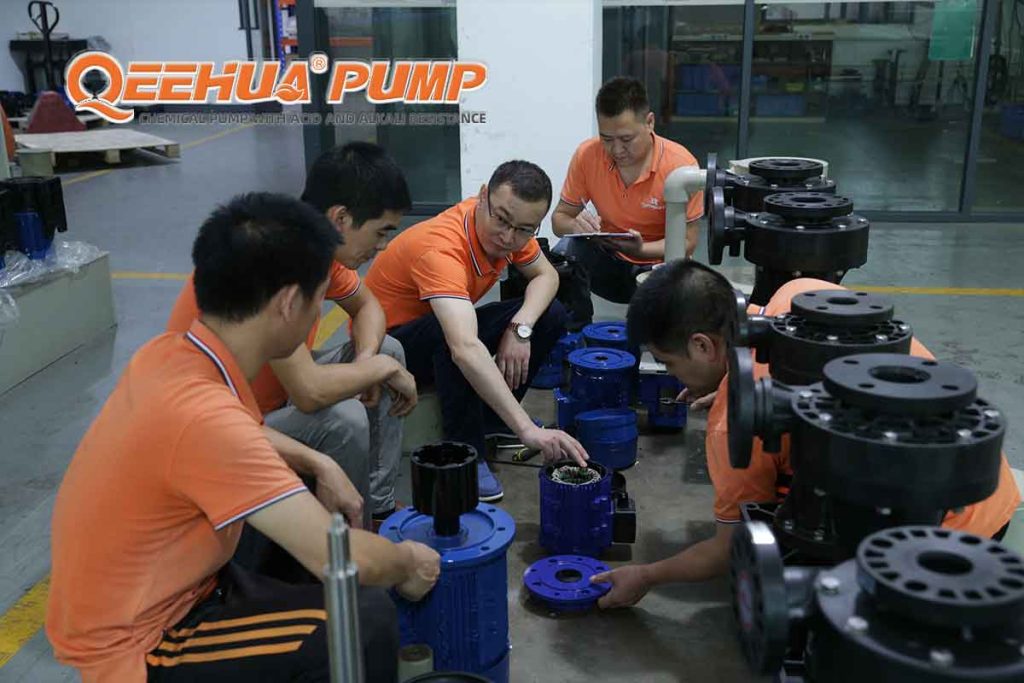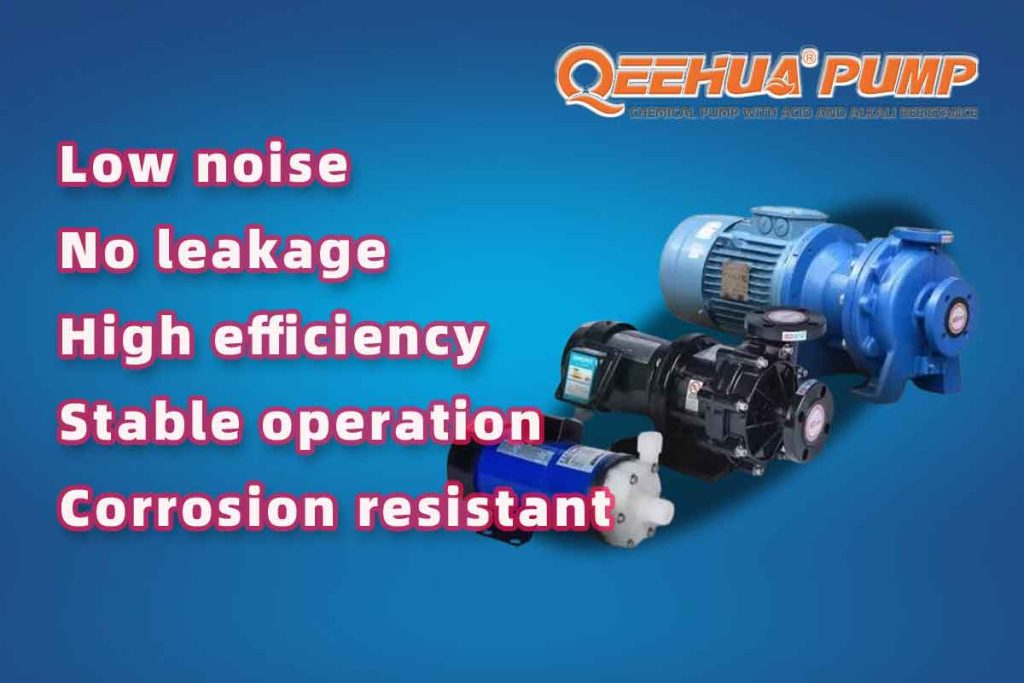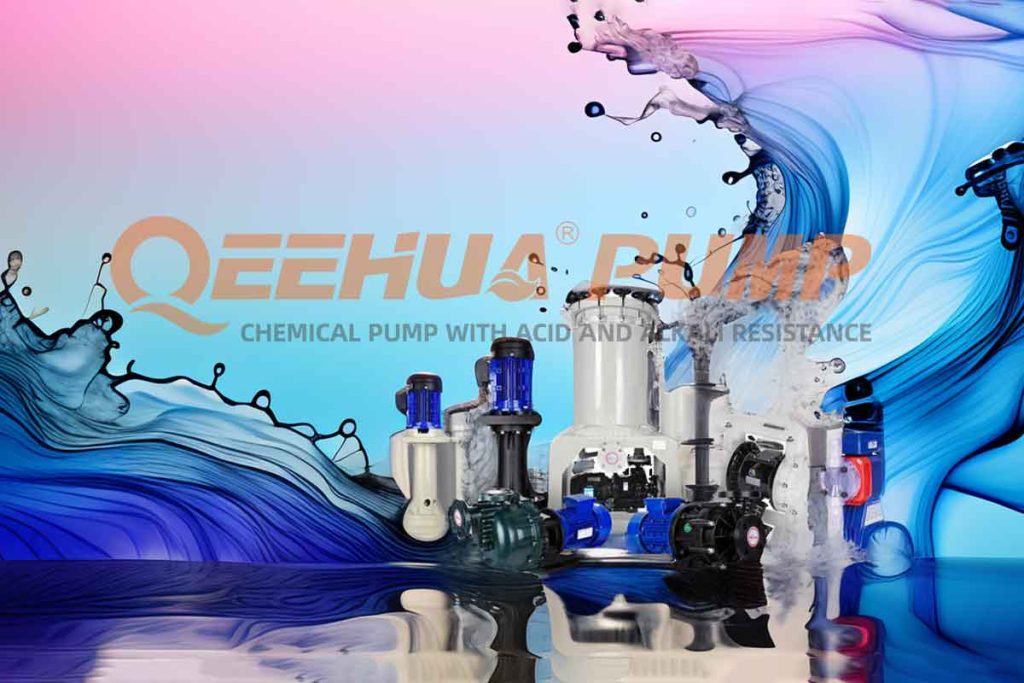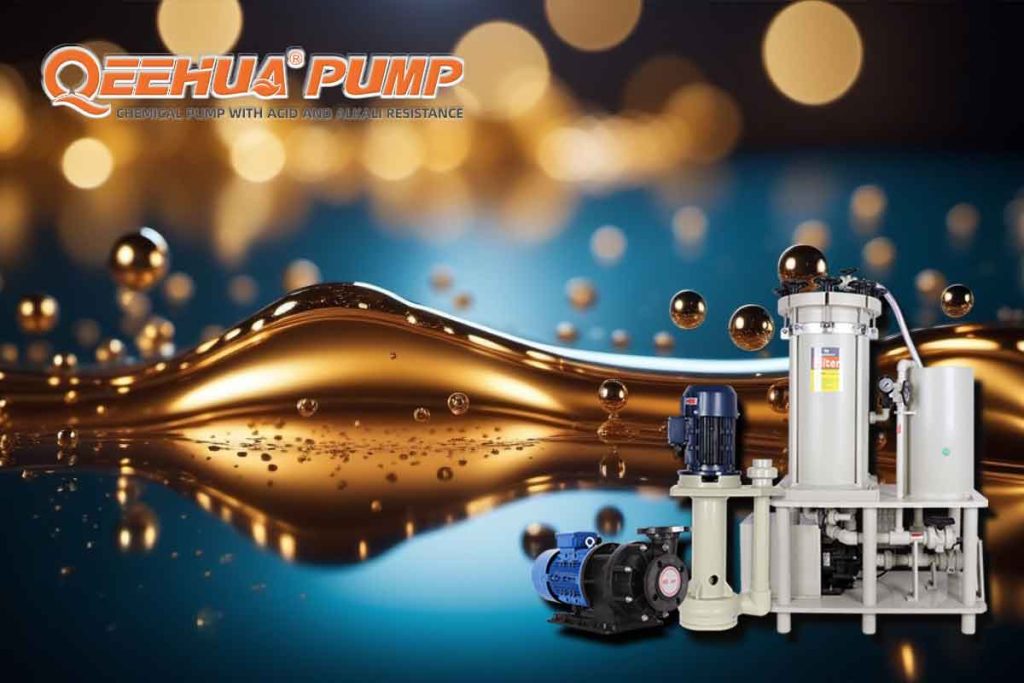Chemicals are a fundamental component of various industries, but their hazards require careful consideration. Hazardous chemicals can pose risks to human health, environmental pollution, and even lead to legal proceedings due to safety concerns. In industrial settings, the safety of labor, processes, and equipment is of utmost importance. This article explores the significance of safe chemical handling and the role of magnetic pumps in achieving this objective.
Hazards of chemicals
Chemicals and solvents are widely used in various industries, ranging from manufacturing to pharmaceuticals and wastewater treatment. They are an essential part of processes, cleaning, and treatment.
However, if mishandled, these substances can have harmful effects on health and the environment. For example, some solvents commonly used in adhesives, such as toluene, can lead to central nervous system issues when inhaled. Sulfuric acid, a primary component in fertilizer production and automotive battery electrolytes, can cause severe burns upon skin contact. Hydrochloric acid can corrode the eyes, tooth enamel, and the respiratory system, resulting in long-term health risks.
Furthermore, the persistent effects of chemicals should not be overlooked. It is crucial to control the vapors produced by highly toxic substances like hydrogen fluoride or volatile compounds like acetone to ensure overall safety in the factory.
Leak-Free Operation and Media Control
When dealing with hazardous chemicals, a sealing system is crucial to ensure the safe operation of pumps. There’s an industry adage that says, ‘The pump must be as good as the seal.’ The pumping principle often dictates the choice of sealing type. In this regard, sealless magnetic pumps offer an excellent solution.


